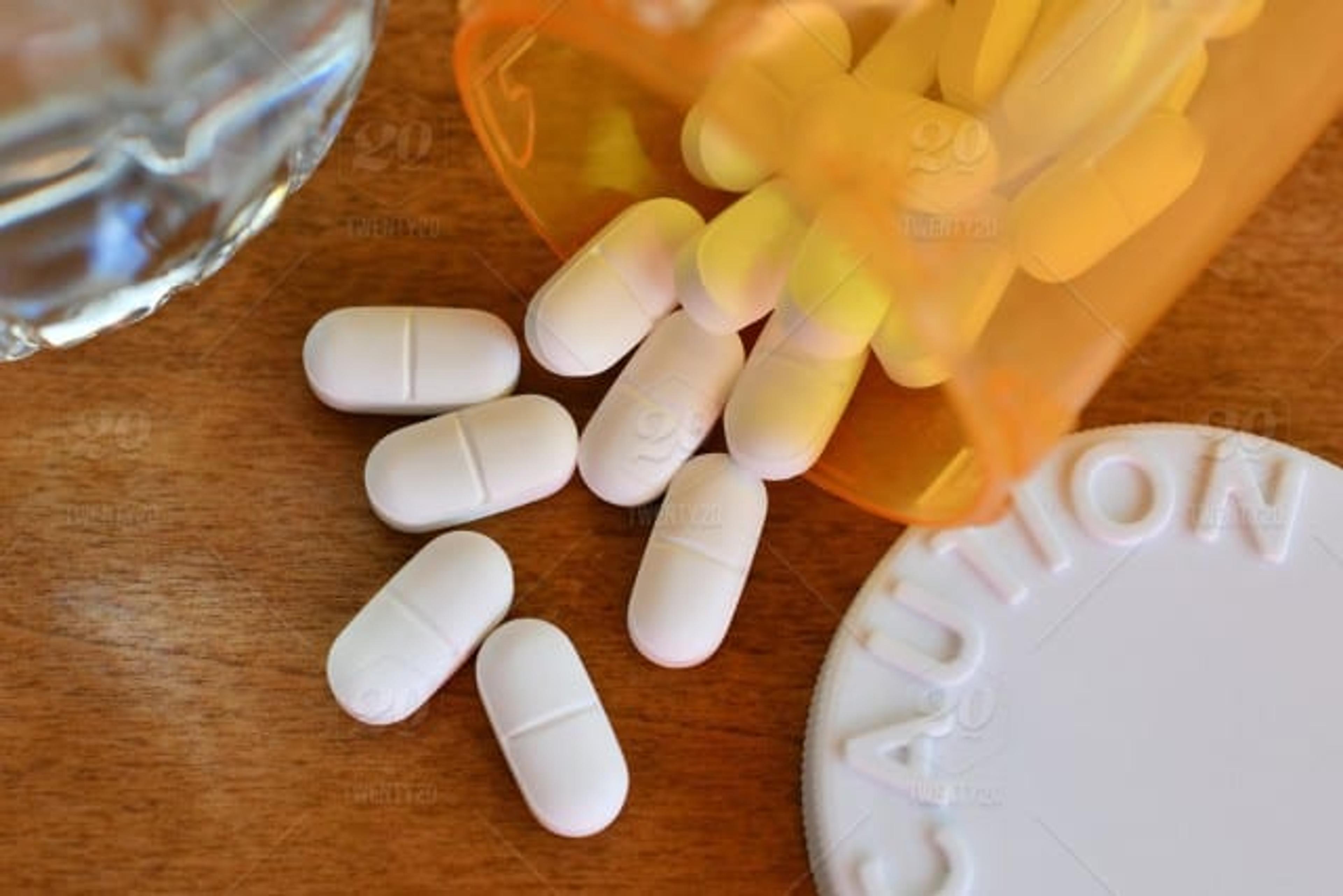Opioid Abuse in Someone You Love: Recognizing the Signs

Dr. William Beecroft, M.D.
| 3 min read
Dr. William Beecroft, MD, DLFAPA, is the Medical Dir...

When taken as prescribed by a licensed physician, opioid medications can bring much-needed relief to those experiencing pain. However, when overused or abused, they can lead to mental and physical challenges, including brain and liver damage and a weakened immune system. And in some cases, it can lead to death. Unfortunately, more and more people are dealing with opioid use disorder. Twenty to 30 percent of patients who are prescribed opioids for pain treatment misuse them, with eight to 12 percent of users developing a disorder related to opioid misuse. As with any drug problem, opioid use disorder or abuse does not just affect the user. Families, friendships, careers and social lives all get caught up in the abuse and are impacted in some way. If you’re worried about whether or not a loved one is struggling with opioid abuse, there are things you can do. Signs of Opioid Use Disorder Opioid use disorder can show itself in a variety of ways, such as someone using them beyond the length of time they were prescribed or after their injury has healed. For those with chronic pain, opioid abuse can happen if they take increasingly larger doses of the medication and start running through their prescriptions earlier than anticipated. However it starts, the users begin to develop a tolerance for the drug, needing more and more of the same substance to achieve a desired high. Without it, they begin to experience withdrawal symptoms characterized by insomnia, runny nose, cramping, vomiting, cold flashes, diarrhea and nausea. Mentally, they often experience a strong, persistent desire or craving for the medication. They look forward to the next time they take it and become thoroughly focused on how they will get the drug. And if they can’t get their hands on an opioid, they might turn to other drugs that provide a similar effect. Opioid abuse also tends to cause major issues in people’s relationships. Users often have arguments about the drug use with their significant others, experience financial problems related to the drug abuse and expose themselves to physical harm all in the name of finding and using opioids. Supporting a Loved One through Opioid Use Disorder Those battling the effects of opioid abuse don’t have to do so alone. Here are ways you can help a family member or friend get the help they need:
- Use your words wisely. Avoid negative speak or words like “junkie” or “idiot.” Feeling a lack of support can push them away and make them more resistant to getting the care they need. Instead, keep the discussion focused on their behavior, not them as an individual.
- Talk things through with a professional. Getting guidance from a licensed physician can play a big role in helping the patient seek treatment. While HIPAA laws indicate that physicians and therapists cannot speak to patients’ loved ones about their care, encourage your friend or relative to see their primary care doctor or a psychiatrist, therapist or addictionologist. Hearing information and observations from a professional as opposed to a family member can make a big impact on someone.
- Consider what kind of treatment is the right route. Blue Cross Blue Shield of Michigan and Blue Care Network’s Behavioral Health services can help identify the best treatment facility for the patient’s needs, depending on what stage of use disorder they are in. You can contact this team on your loved one’s behalf by dialing the phone number on the back of their ID card. While they can’t give you specific member information, you can get an understanding of the options available to them.
To grow your knowledge about opioids and opioid misuse, as well as Blue Cross’ commitment to combating the opioid epidemic, visit these blogs:





